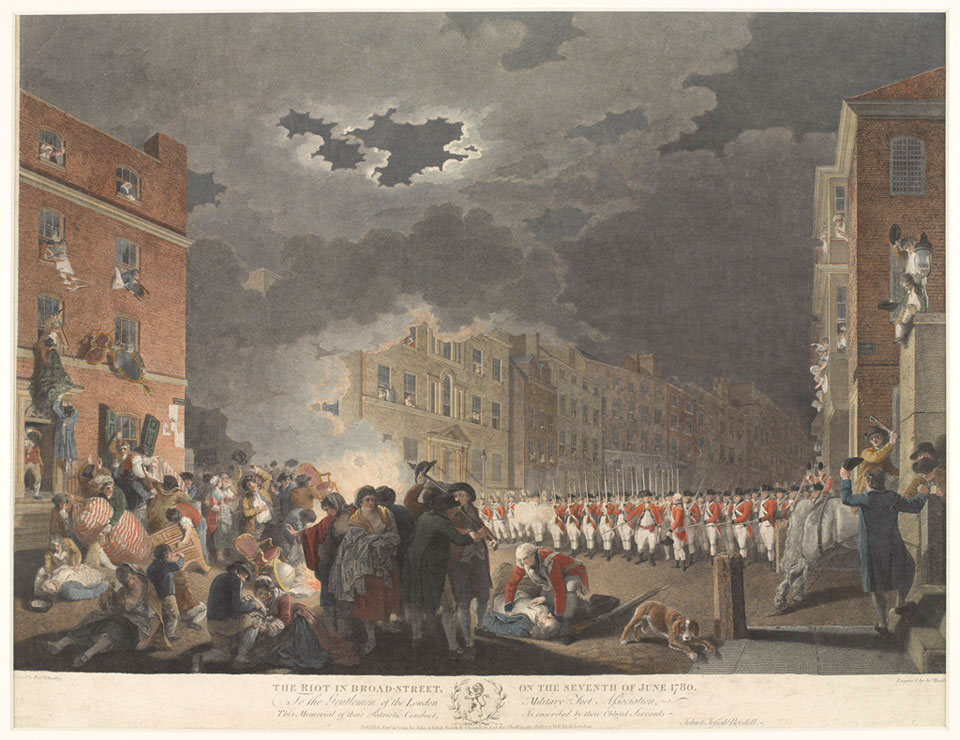Science’s Three-Way Split
By Susan Gelman
April 5, 2015
It’s no secret the general public is not always in agreement with scientists, but a recent study from the Pew Research Center shows just how divisive certain issues can be. [Editor’s note: See also Matthew Lawder’s post on this same topic, “Science vs. The People.”]
In August 2014 approximately 2,000 adults across the country were surveyed by phone and 3,700 scientists from the American Association for the Advancement of Science (AAAS) were given an online survey. The survey asked for opinions on topics such as societal views of science research, STEM education, genetically modified foods, climate change, vaccinations, and the U.S. space program. The two groups were then compared to identify the most prominent points of agreement and disagreement, which yielded some surprising results. While the majority of both groups ranked U.S. scientific achievements highly, they also both remained unimpressed with U.S. science, technology, engineering, and math (STEM) education in grades K-12. On this point, 75 percent of AAAS scientists said the amount and quality of grade school STEM education is a severe detriment to public scientific literacy, which is a potential cause for some of the disparities observed in other questions. The two groups were most deeply divided when asked about the safety of consuming genetically modified (GM) foods, with 37 percent of American adults and 88 percent of scientists saying that GM foods are generally safe. The second most controversial topic was climate change, where 50 percent of adults thought climate change is correlated to human activity, compared to 87 percent of scientists. Childhood vaccination showed the groups to be slightly more in agreement, with 68 percent of adults and 86 percent of scientists agreeing that some vaccinations should be required.
The most obvious take-away from the study is the confirmation that scientists and the public do not see eye-to-eye on many key issues. Somehow, communication must be improved. This difference could be due to the survey method (as emphasized in the study on how many Americans do not think DNA is in food), a byproduct of the survey group demographics, or lack of STEM education. There has been a great deal of commentary on what can be done to lower the percentage point gap, and overcome the ‘science communication problem.’ New research from Washington State University also demonstrates that, in regard to vaccinations, public opinion is more influenced by online commentary than public service announcements from the Center for Disease Control and Prevention. This is an example of what science blogger Bethany Brookshire refers to as “scientists and nonscientists talking past each other,” which is no doubt a crucial hurdle to overcome for science communication.
However, as a scientist, one of the more worrisome points is the fact that AAAS scientists are not in unanimous agreement with themselves on the more pressing topics, such as childhood vaccination and climate change. AAAS is the largest general scientific society in the world, and is widely regarded as the most prestigious organization of its kind. It publishes the high-impact journal Science, offers extremely competitive professional opportunities, and election into the society is considered a major career milestone. To be an AAAS fellow one cannot merely apply, but must be nominated and sponsored by peers in recognition of scientific contribution. So while nearly nine out of ten AAAS scientists believe in human-induced climate change and GM food safety, there remains a portion that does not agree on these points. Obviously, this portion may contribute to the wide opinion disparity observed on the two issues. Because, while perhaps the extreme selectivity of AAAS is not as widely known to the general public as it is the scientific community, these scientists are more likely to be in top research institutions, where name alone commands a higher level of respect. So why aren’t the world’s top scientists in better agreement about climate change and vaccines? In these cases, there is a multitude of literature to support the fact that human activity is contributing global warming and that vaccinations are proven to be effective and essential for improving our quality of life. AAAS itself has put forth the message “human caused climate change is real,” so having 13 percent of the scientists surveyed disagree with this statement is not something to take lightly.
This study has raised questions on how to improve public opinions of key science issues, but the scientists also deserve to be questioned here. Because before we can ask why American adults with potentially limited science backgrounds do not believe in facts that have been scientifically validated, we must ask why some of the most elite scientists in the world do not believe in them.





